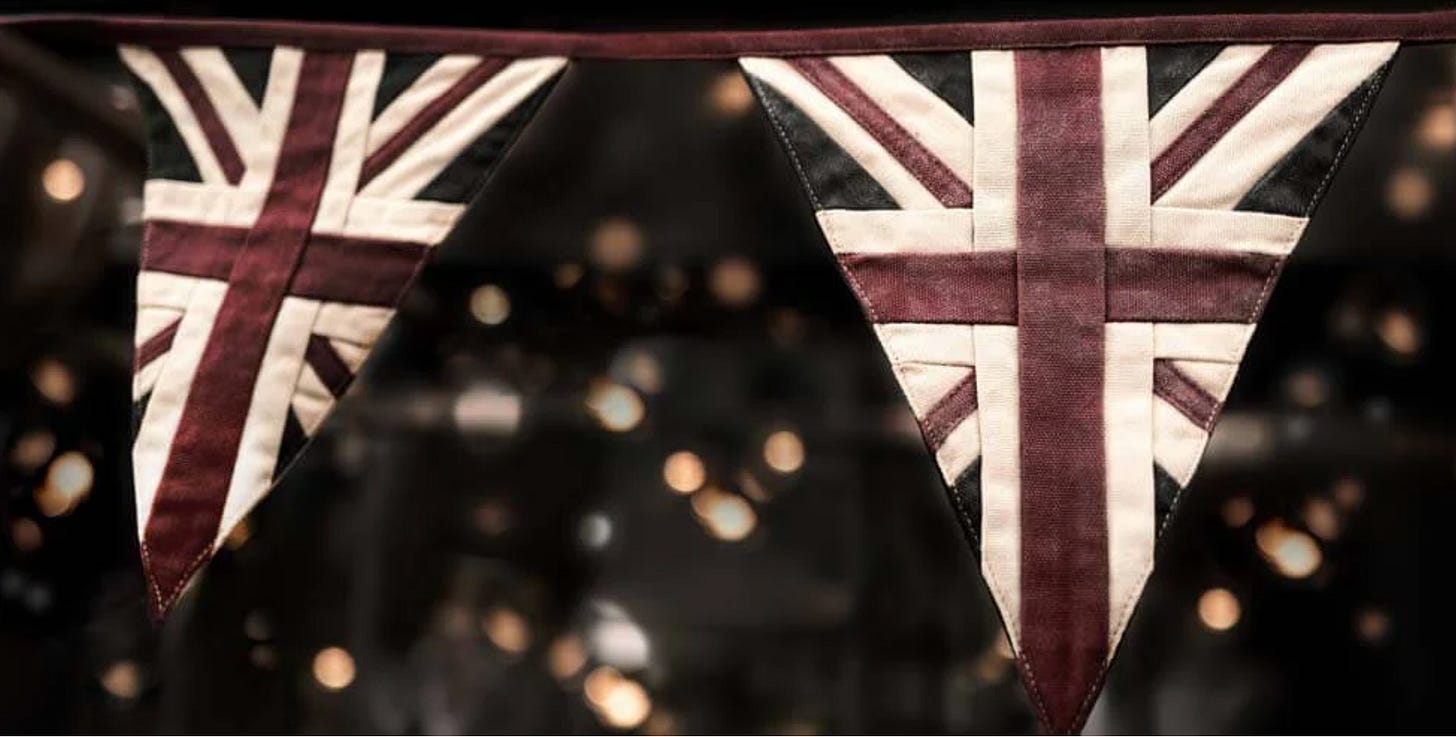The Debatable Land #25: A Land for All?
What the Conservative leadership contest reveals about modern Britain
Welcome to the latest edition of my newsletter. Another should follow towards the end of the week. This one uses the Conservative leadership contest as a lens through which some of the more hopeful realities of modern Britain may be discerned.
Red and White and Blue and Black and Brown
If the contest to become the next leader of the Conservative and Unionist party was not being held in such a rush - if it were prolonged by another week or two - I suspect Kemi Badenoch would have had an excellent chance of becoming Britain’s next prime minister. And if this were a contest taking place while the Conservative and Unionist party were in opposition I think she would have won it. She may still do so, of course, even if the odds remain against her.
Badenoch is not, in my view, remotely ready to be prime minister. She may not even be ready to be leader of the party. But across a range of issues - climate, tax, culture - she has a connection to the Tory party’s inner convictions and she is happ…



